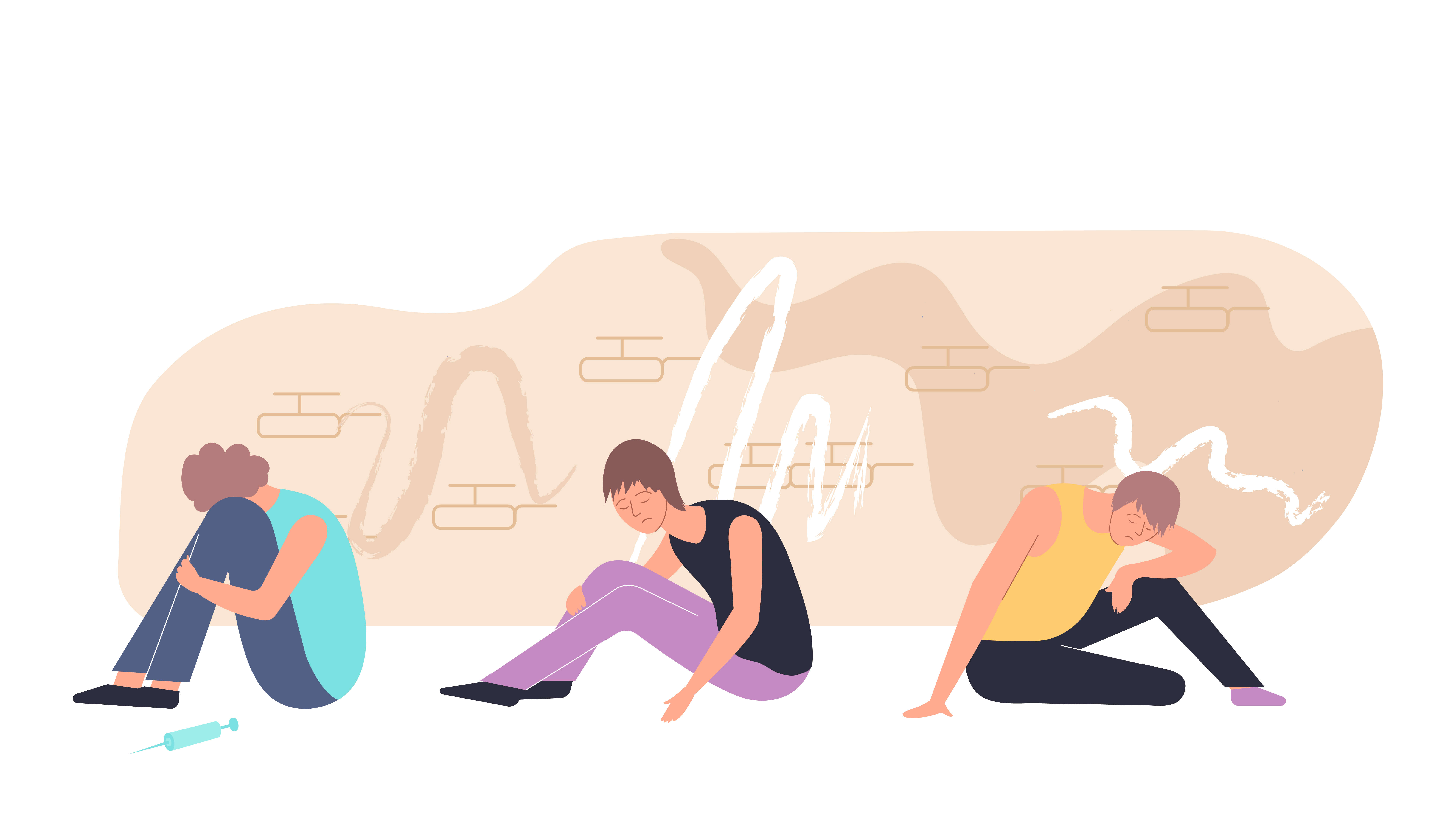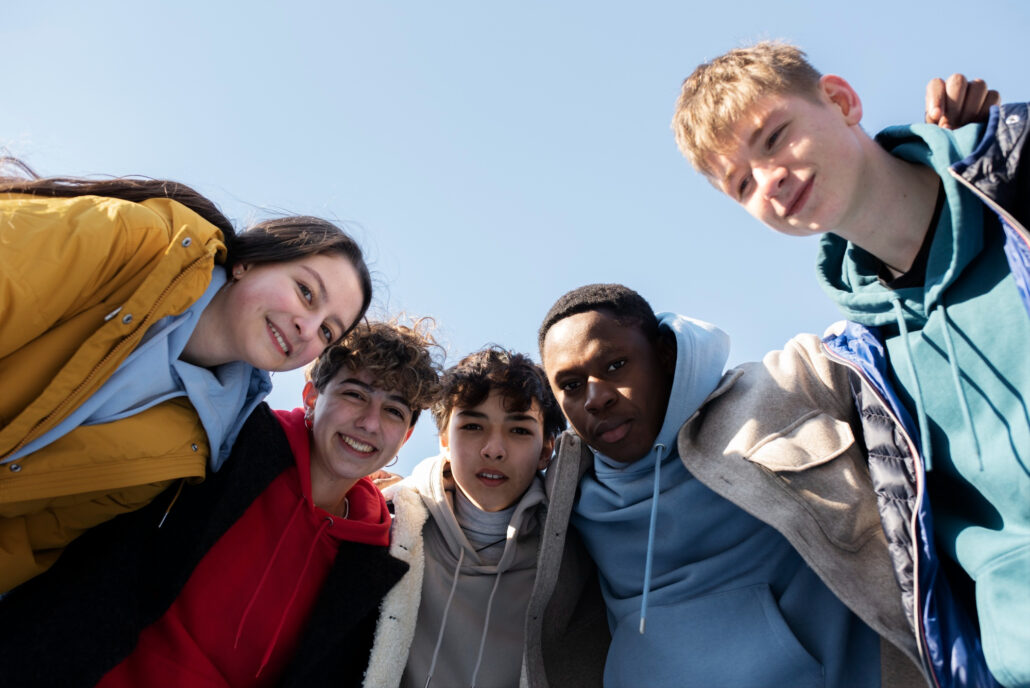RESIST: A Brain Development Study
Researchers at the University of Pittsburgh are looking at how patterns of brain function and emotional health develop in children ages 10-17. Join our compensated study today!

Fast Facts
children 10-17 years old
trouble managing emotions
often feel anxious or Sad
Compensation Provided
Conducted in pittsburgh, PA
Study Background
We want to understand how the patterns of brain functioning affect the emotional health of 10-17 later in life. In particular, we’re looking at emotional interference “resistance”: the ability to ignore distracting emotional events and situations in one’s environment.
We’re recruiting children and teens to help us in our research. Participants will complete assessments every 9 months, spread over a total of 36 months (3 years). These assessments include the completion of interviews, questionnaires, computer tasks, and brain scans.
Teens who often feel sad or anxious, or have trouble managing their feelings may be eligible to participate. Help advance research today and join our compensated study!

Study Background
We want to understand how the patterns of brain functioning that you have from ages 10-17 affect your emotional health later in life. In particular, we’re looking at emotional interference “resistance”: the ability to ignore distracting emotional events and situations in your environment.
To learn more, we’re recruiting children and teens to help us in our research. Participants will complete assessments every 9 months, spread over a total of 36 months (3 years). These assessments include the completion of interviews, questionnaires, computer tasks, and brain scans.
If you often feel sad or anxious, or have troubling managing your feelings – or if you are a parent of a child who fits these criteria – you may be eligible to participate. Help advance research today and join our compensated study!
Additional Information
Youth may qualify for this study if they meet the following criteria.
Key Criteria:
- 10-17 years old
- Experiencing sadness or anxiety
- Not taking psychoactive medications
- No major developmental delays
- Able to undergo an MRI (i.e., no non-removable metal in the body)
Virtual Visit: Up to 3 hours on a video call, during which research staff will interview the participant about their mood and any behavioral/emotional problems they may be experiencing or have experienced in the past.
Three in person visits: a baseline visit, an 18-month visit, and a 36-month visit. These visits will last 5-6 hours, during which you will complete questionnaires, computer tasks, and two different types of brain scans: MRI and EEG. You also have the option to split these visits into 2, making it two 2-3 hour visits at each timepoint.
Questionnaires will be completed before each in-person visit and at home between the in-person visits.




